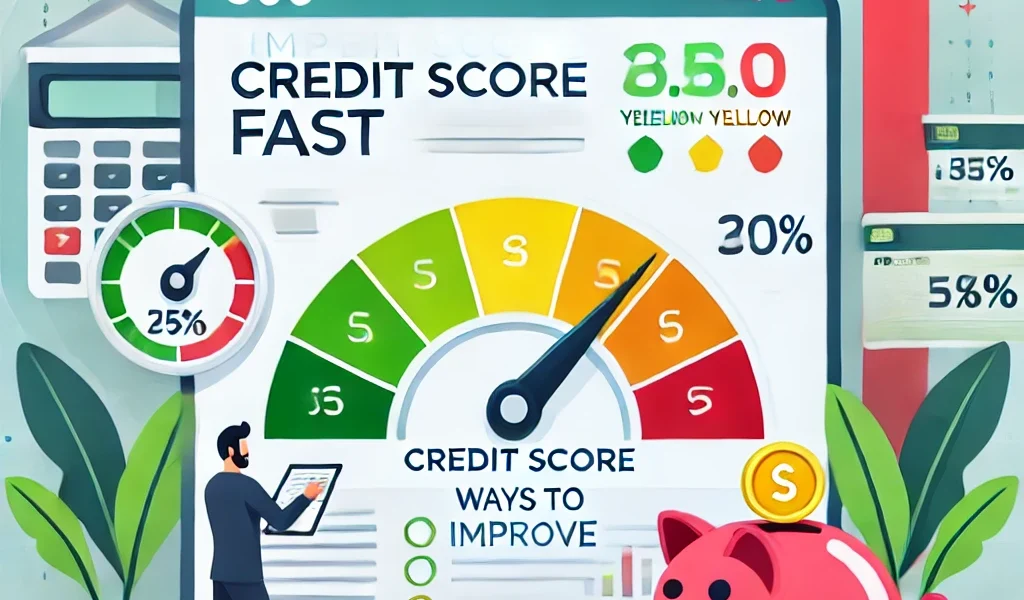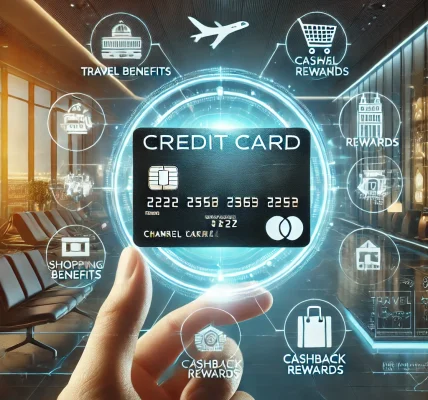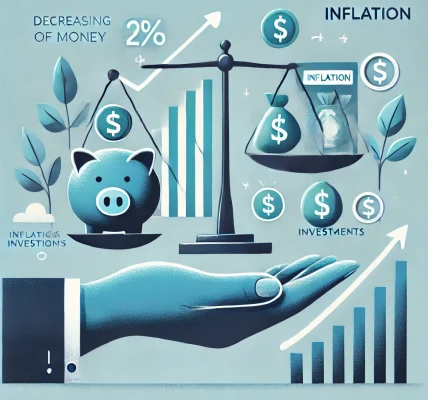Your credit score plays a crucial role in your financial health. A high credit score can help you secure better loan rates, get approved for credit cards, and even affect job and rental applications. If your score isn’t where you want it to be, there are ways to improve it quickly. This article will guide you through proven strategies to boost your credit score fast.
Understanding Your Credit Score
Before diving into improvement strategies, it’s essential to understand how credit scores are calculated. Most lenders use the FICO Score, which ranges from 300 to 850. The score is determined by several factors:
- Payment History (35%) – Whether you pay your bills on time.
- Credit Utilization (30%) – The amount of credit you use compared to your credit limit.
- Length of Credit History (15%) – The age of your credit accounts.
- Credit Mix (10%) – The variety of credit accounts you have (credit cards, loans, etc.).
- New Credit Inquiries (10%) – How often you apply for new credit.
Fastest Ways to Improve Your Credit Score
1. Pay Your Bills on Time
Your payment history has the biggest impact on your credit score. Even one late payment can cause a significant drop. To avoid this:
- Set up automatic payments for at least the minimum due.
- Use reminders or alerts to ensure timely payments.
- If you’ve missed a payment, pay it as soon as possible to minimize the damage.
2. Reduce Your Credit Utilization Ratio
A high credit utilization ratio (amount of credit used vs. available credit) can harm your score. Aim to keep it below 30% and ideally under 10% for a significant boost.
- Pay down existing balances – Try to lower your outstanding balances quickly.
- Request a credit limit increase – A higher limit can reduce your utilization percentage.
- Use multiple cards strategically – Spread expenses across multiple cards to keep balances low.
3. Dispute Inaccurate Information on Your Credit Report
Errors on your credit report can drag down your score. Check your credit report regularly and dispute any mistakes.
- Get a free credit report from AnnualCreditReport.com.
- Look for incorrect late payments, accounts you didn’t open, or fraudulent activity.
- Dispute inaccuracies with the credit bureau and provide supporting documents.
4. Become an Authorized User on a High-Limit, Low-Balance Account
If a family member or friend has a credit card with a long history of on-time payments and a low balance, ask them to add you as an authorized user. Their positive history will reflect on your credit report and help improve your score.
5. Pay Off Past-Due Accounts and Settle Collections
If you have accounts in collections, paying them off can help your score recover.
- Negotiate with collection agencies – Some may agree to remove the account from your report upon payment.
- Make payment arrangements – Even partial payments can be better than letting the debt remain unpaid.
6. Use a Secured Credit Card to Build Credit
If you have a poor credit history, a secured credit card can help. You’ll deposit money as collateral, which serves as your credit limit. Use it responsibly by making small purchases and paying the balance in full each month.
7. Limit Hard Inquiries
Every time you apply for credit, a hard inquiry appears on your credit report, potentially lowering your score.
- Avoid applying for multiple credit cards in a short period.
- If shopping for a mortgage or auto loan, keep applications within a 14- to 45-day window to minimize the impact.
8. Keep Old Credit Accounts Open
The length of your credit history affects your score. If you have old credit cards, keep them open even if you don’t use them regularly. Closing accounts reduces your overall available credit and can increase your utilization ratio.
9. Diversify Your Credit Mix
Having a mix of credit accounts (credit cards, auto loans, student loans) shows lenders you can handle different types of credit responsibly. If you only have credit cards, consider taking a small personal loan and repaying it on time.
10. Use Experian Boost and Other Credit-Improving Tools
Services like Experian Boost allow you to add payments for utilities, streaming services, and phone bills to your credit report. If you have a history of on-time payments, this can provide an immediate lift to your score.
How Long Does It Take to See Improvement?
While some changes, like lowering your utilization ratio, can improve your score in 30 to 60 days, others may take longer. Consistency is key—follow these strategies, and you should see a steady increase in your credit score within a few months.
Final Thoughts
Improving your credit score fast requires a combination of responsible credit behavior, timely payments, and strategic financial decisions. By following these best practices, you can boost your credit score, qualify for better financial opportunities, and secure your financial future.
Action Steps:
✅ Check your credit report for errors and dispute inaccuracies. ✅ Pay down credit card balances and keep utilization low. ✅ Pay bills on time and set up automatic payments. ✅ Avoid unnecessary credit inquiries and keep old accounts open.
A good credit score opens doors to better loans, lower interest rates, and increased financial security—start improving yours today!



